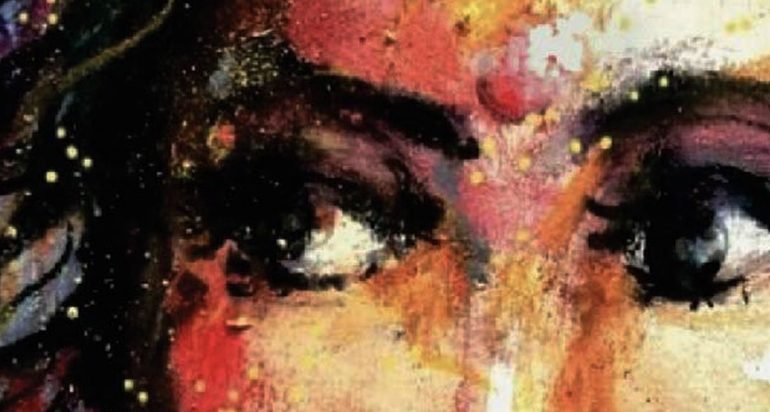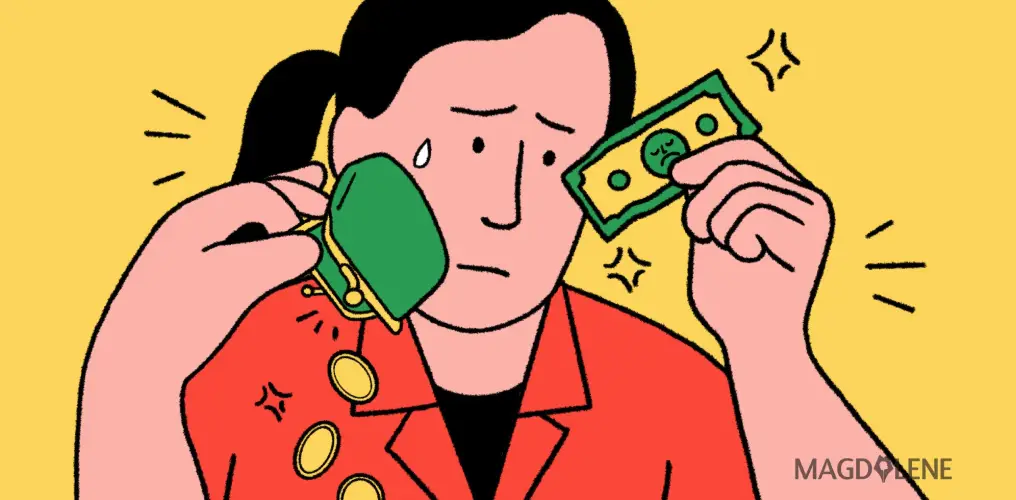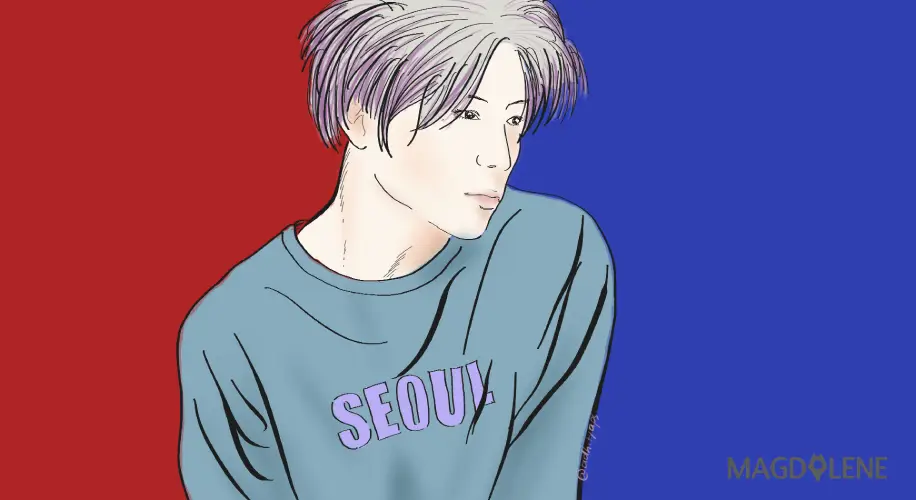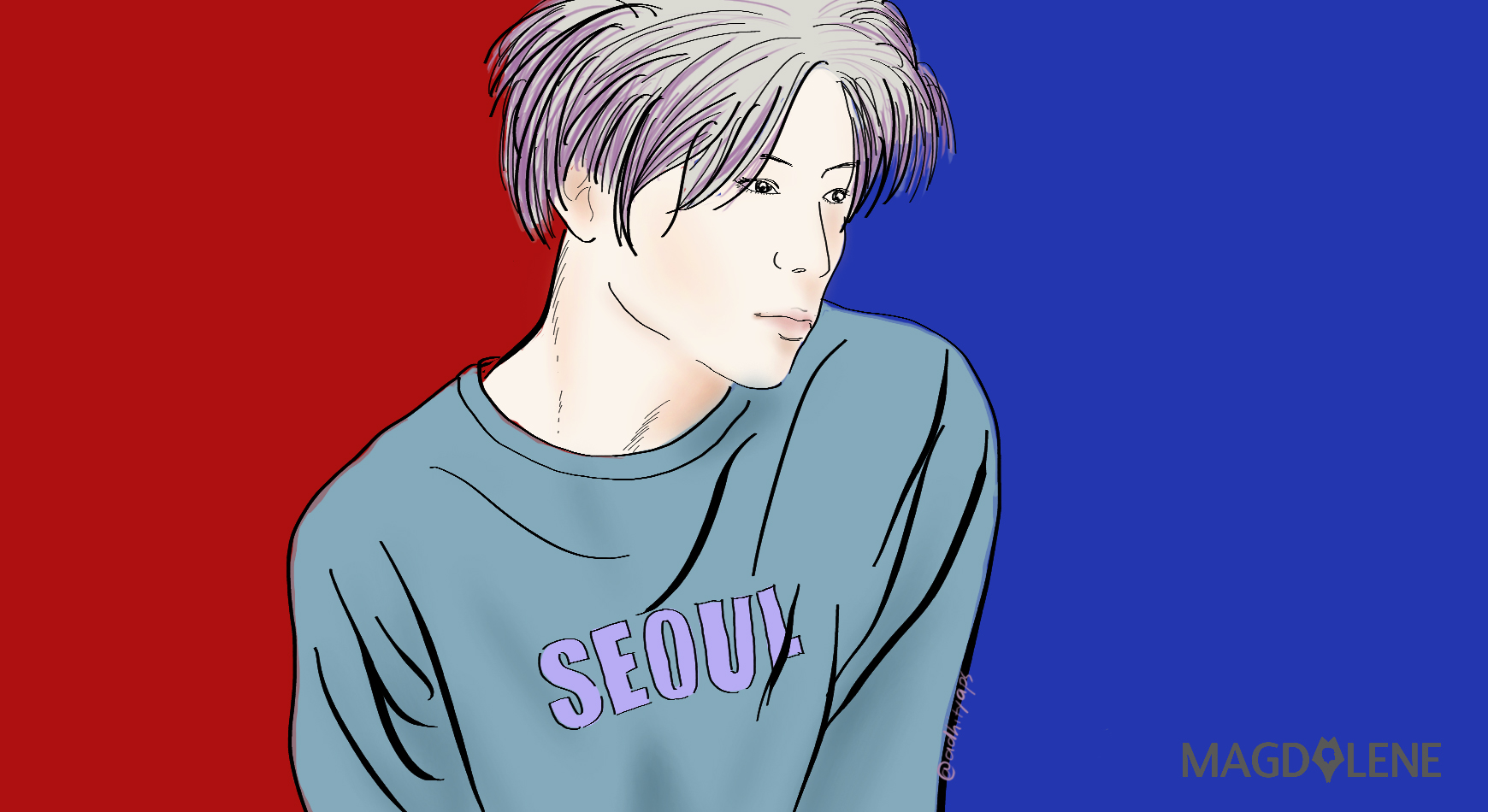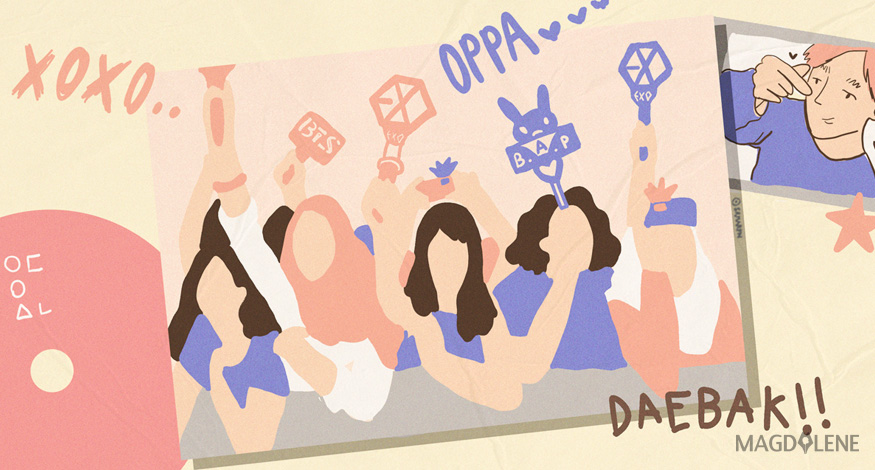How Fear of K-pop Highlights Homophobia in Asia

For fans of Korean pop band BTS, this has been a glorious year. The Bangtan Boys presented the Grammy Awards, toured London and the United States, entered the Time 100 list, performed on Saturday Night Live, and conquered Billboard. All while not singing in English and not based in Los Angeles or London.
The biggest backlash that I know, however, did not come from jealous American men. They came from Indonesians and other Asians, and not just men. Some Indonesian women, including a celebrity, unapologetically published homophobic posts attacking BTS and Korean men in general.
Until the 1990s, the representation of East Asian men in Indonesian pop culture had been martial artists, from Bruce Lee to Jet Li. The Reformasi era liberated the import of East Asian media into Indonesia, including Chinese-language TV drama like Meteor Garden.
The popularity of Meteor Garden intrigued academic observers of Indonesia throughout the 2000s. Here’s a country that had become infamous for the anti-Chinese riots just years before, but that was now in love with a Taiwanese romantic drama. The characters’ names (like Shan Cai and Tao Ming Si) and the actors’ names (like Vic Zhou and Vanness Wu) became household names here. Indonesians referred to the series as “F4” – pronouncing the number 4 in Mandarin – after the name of the protagonists’ group.
What struck me about Meteor Garden was for the first time Indonesians idolized Chinese men who were not kung fu fighters. We accepted men with fair face and long hair who sang instead of fighting. The series improved public perception of Chinese-Indonesian individuals, opened opportunities for Chinese-Indonesian artists, and helped making me proud to be an ethnic Chinese man.
I do not follow Korean boybands and have not followed Korean girlbands as I used to, but I understand the positive message brought by BTS to the world. We still do not have mainstream Asian-American pop stars, and in fact many Asian Westerners migrated to Asia to chase their stardoms.
Here we can see that Western audience accept Asian pop stars who do not sing in English, who perform in different routines to Anglo-American acts, and who don’t follow the traditional look of masculinity. The Saturday Night Life promo for BTS showed white and black American women, led by Emma Stone, being enthusiastic for BTS, and shoo away an American man as he’s not a BTS member. Maybe it’s the first time American media treat Asian pop stars as heartthrobs.
The current standard of Korean boyband looks was set in late 1990s, following Japanese rockers and movie stars who adopted the androgynous looks of Western rock stars like David Bowie and Prince, plus the looks of male protagonists in girls’ manga. South Korean footballers, adopting this new look, reached the semi finals of the 2002 football World Cup, convinced Koreans that beauty and brawn can be combined; and convinced Asians that Korean men could be as charming as the Japanese. By the 2010s, Korean boybands had become more popular in Asia and the West than Japanese boybands.
And so, a new stigma arrived for Korean men – they used to be seen as rude and alcoholic, but now they are seen as gay. In apparent jealousy of Indonesian women and girls’ fascination with Korean boybands, Indonesian football supporters made homophobic slurs against Korean footballers when Indonesia faced South Korea in continental tournaments.
The hatred against BTS’ success, however, seems to go beyond jealousy. An Indonesian netizen made a series of tweets attacking the appearances of Korean singers, and contrasted them with muscular Western men. The poster welcomed the backlash, saying that such “conversation” was necessary since they didn’t want Indonesian boys to become gay (never mind that muscles have no relations to sexuality).
Meanwhile, an Indonesian celebrity reposted a similar meme on her Instagram, comparing muscular and tattooed Asian men with BTS members in a cosmetics ad, with text “What’s happening to the world?”. She had deleted the post, while her friends mentioned in the post said that they were just “joking”.
I think some people take seriously the idea that homosexuality, or at least femininity, is contagious. Not only they worry that everyone will be fine with feminine men, but Korean boybands will inspire local copycats, women will shun scruffy men, and I’m not sure what else, since Korean idols do not talk about their sexuality and gay men generally don’t idolize them.
This idea goes to the extreme in China, where a ‘masculinity school’ for boys involves running around a park topless. The founder cited the harm of Korean boybands for Chinese boys, and again contrasting the Koreans with muscular American athletes he saw in the 2000s. The instructors, quoted by New York Times, believe that a rising China needs traditional (toxic, according to us) masculinity to win and confusion about masculinity will hold back China.
The Indonesian examples I cited don’t ground their homophobia in religion, but in defense of toxic masculinity and in fear that Indonesians would tolerate male femininity, or at least reject orthodox masculinity.
It is very ironic that these people cited American men as examples of “good masculinity”, considering it is actually in the US, not in South Korea, that media and celebrities are redefining masculinity and other gender identities. Both the Indonesian memes and the Chinese masculinity instructors, after all, used dated examples of American masculinity from the 2000s.
South Korea itself still has a long way to go in tackling toxic masculinity. The hostile response against feminists can be severe there, whether online or in public. Media investigations on organized rape and drugging in Gangnam’s nightclubs reveal high-stake power play, as entrepreneurs offered sex slaves to seal favors with tycoons and politicians.
The good thing is that many K-pop fans, including in Indonesia, are also well-versed in feminism, and posts on BTS are interspersed with posts on intersectional feminism. Perhaps this is another reason why some people hate Korean boybands – their fans would not only talk about oppa, but also about toxic masculinity.

